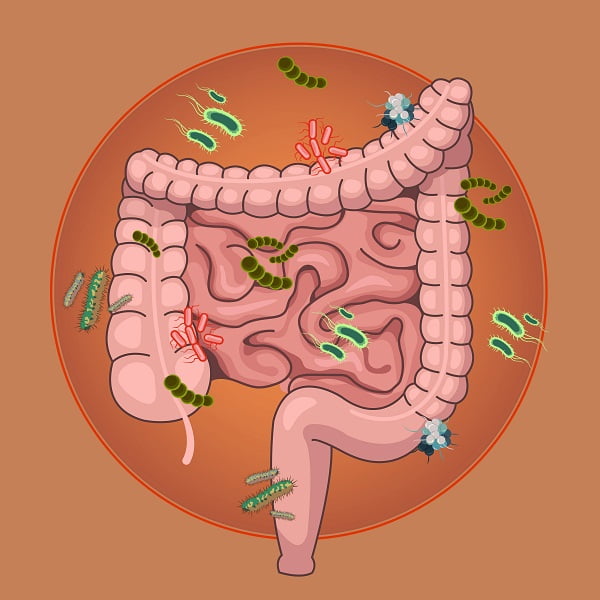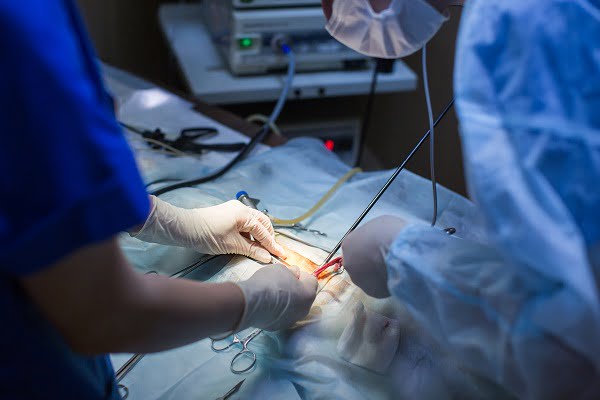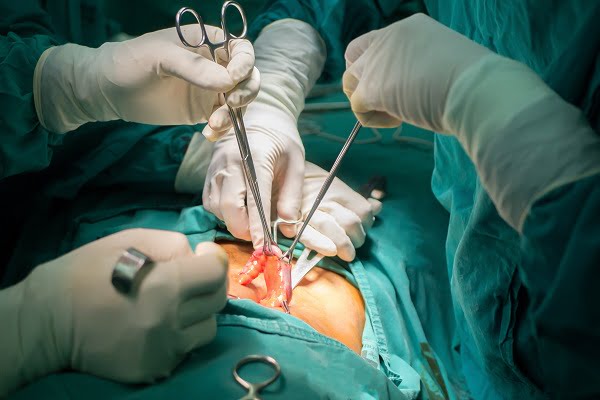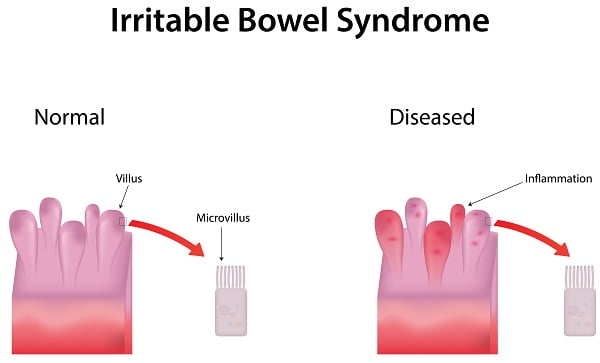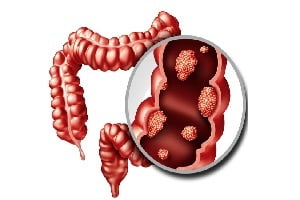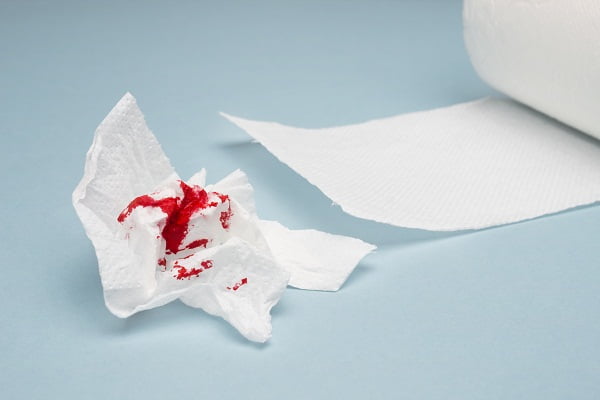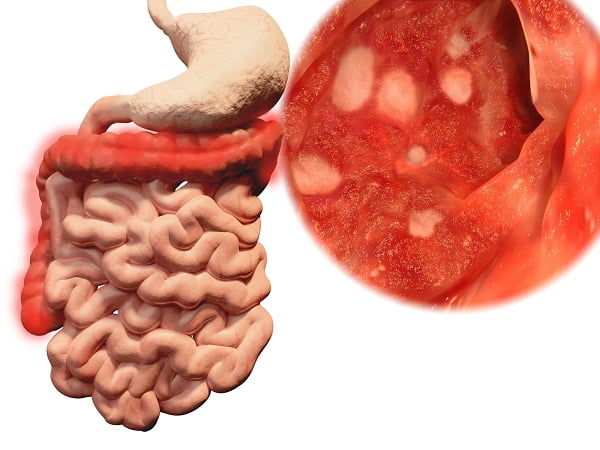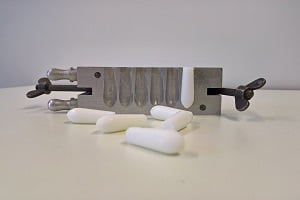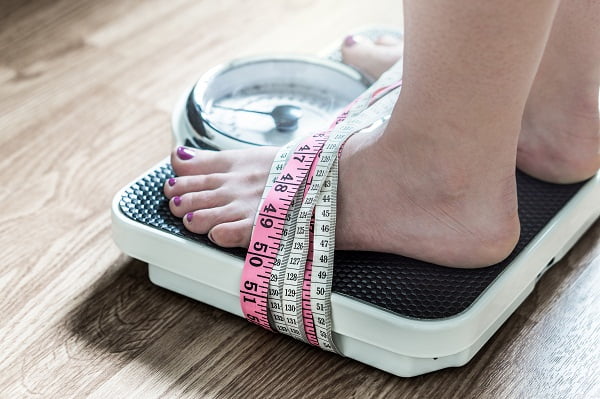Browsing: Digestive Health

The page provides quick access to a list of common gastro-intestinal tract diseases, syndromes, health conditions, and other topics of health importance. The list is organized alphabetically. Links are provided to respective diseases sections that serve as a comprehensive and ultimate guide about the disease or health condition.
Some people experience certain gastrointestinal (GI) symptoms on a regular basis, such as heartburn, indigestion/dyspepsia, bloating and constipation. These symptoms may occur due to various digestive problems. Depending upon the condition, the gastrointestinal disease (GI disease) may be acute or chronic. The best way to prevent occurrence of any such disease is exercising on a regular basis and have a healthy diet.
Healthcare professionals indicate such prevalent occurrence of gastric diseases throughout the world, across all age groups. This is due to improper diet, obesity, gastroenteritis, inflammatory bowel disease, various gastric cancers and ulcers. Some doctors believe that digestive disorders occur due to malabsorption disorders and lack of gastric microbiome in an individual.
Gastrointestinal disorders include conditions such as constipation, irritable bowel syndrome, diverticular diseases, colitis, piles, gall stones and colon cancer, which are extremely common. These lead to inefficient digestion and absorption of nutrients in the body, causing severe effects in growth and development of an individual. Constipation and irritable bowel syndrome (IBS) are two most widespread gastric diseases.
Irritable bowel syndrome is a type of gastrointestinal (GI) disorder. What exactly causes IBS is not known. Doctors believe that a combination of certain factors and problems with your GI tract can cause IBS. Certain health problems are known to cause or worsen IBS symptoms. Brain-gut signal problems can lead to IBS.
There is no cure for cirrhosis and for repairing the scarred tissue due to cirrhosis. Treatments can help prevent further damage to the liver. Changes in lifestyle such as avoiding alcohol and adopting a healthy diet can help significantly. A patient may need surgery in order to get through the complications due to cirrhosis.
There are several things that may trigger a flare and worsen the condition. Foods are one of them. Certain foods may not be suitable for some people. Researchers are learning about the role of diet and gut bacteria in causing the disease ulcerative colitis. Fiber should be reduced if you experience acute problems such as flare-ups.
What is appendectomy surgery (appendix removal surgery)? Appendectomy is the removal of the appendix through surgery. It’s a common emergency…
What You Should Know About Irritable Bowel Syndrome?
Irritable bowel syndrome is a gastrointestinal problem which changes the function of your digestive system. The disease mainly affects your large intestine and leads to abdominal pain, cramping, and a change in the pattern of bowel movement. A person may suffer from either diarrhea or constipation. There is no cure for it.
A lump or a swelling that is painful and develops suddenly may be caused by many reasons such as an injury or an infection. Sometimes, it is a hemorrhoid (piles). If you are susceptible to the risk factors for hemorrhoids, the anal lump may be due to piles. You should talk to a doctor even if the symptoms are mild.
Bleeding Hemorrhoids (Piles): Why Do Hemorrhoids Bleed for Many Weeks?
Hemorrhoids (piles) are changed blood vessels that are located in the anal canal. Hemorrhoids do not cause any problem unless they become inflamed. Bleeding severity may vary depending on the severity of the condition, but the lumps and swelling around the anus due to bleeding hemorrhoids can be very painful.
Ulcerative Colitis: Causes, Symptoms, Diagnosis, Treatment
What is ulcerative colitis? Ulcerative Colitis is the most common type of inflammatory bowel disease. It is a chronic disease…
There are different types of creams and ointments available for application on internal and external haemorrhoids that can help relieve the symptoms. You should always consult your doctor before applying any such ointment on the skin. Some creams may work good for one but for others.
Weight Loss After Gallbladder Removal: Do You Put on Weight After Gallbladder Removal?
After cholecystectomy, you may experience trouble in digesting fatty foods until your body adjusts. For this reason, your doctor or dietician may instruct you to avoid high fats and fried foods until your body is not ready to tolerate them. In fact, gallbladder problems and your weight changes go hand in hand.




